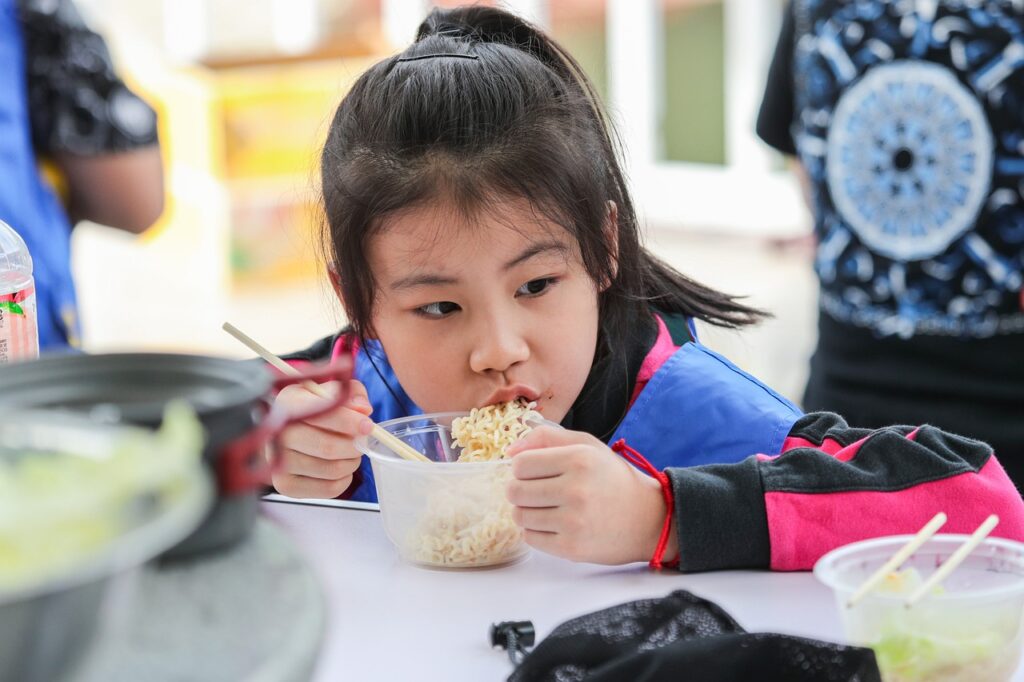
Pilot Project in Malir Aims to Tackle Malnutrition, Boost Attendance, and Improve Learning Outcomes
KARACHI, May 2025 — In a significant step toward combating child malnutrition and enhancing educational outcomes, the Sindh government has announced a School Meals Project in collaboration with the World Food Programme (WFP). The one-year pilot programme, set to roll out in the 2025–2026 academic year, will provide daily hot meals to 11,000 primary school students (up to Class 5) in the Malir District of Karachi.
The initiative, with a total budget of Rs578.39 million, was formally discussed during a high-level meeting at the Chief Minister’s House. Sindh Chief Minister Syed Murad Ali Shah and WFP Country Director Coco Ushiyama reviewed the project’s scope and its alignment with ongoing health and nutrition efforts in the province.

Funding and Implementation
Under a cost-sharing agreement, the Sindh government will bear the majority of the cost, contributing Rs462.71 million, which represents 80% of the total budget. The remaining Rs115.68 million will be provided by the WFP.
The meals will be freshly prepared and served daily to ensure that students receive adequate nutrition, with the dual goals of:
- Reducing classroom hunger
- Encouraging school attendance, especially among female students
- Enhancing cognitive performance and concentration
- Supporting academic achievement and retention
Why Malir District?
Malir District was selected for the pilot due to its high rates of food insecurity and school dropout. Authorities believe that this project will help test the model in a vulnerable area, providing a framework for future expansion to other districts across Sindh.
Broader Health and Nutrition Agenda
The launch of the school feeding programme complements existing collaborative efforts between the Sindh government and WFP, including the Nashonuma and Mamta projects. These programs aim to reduce maternal and child malnutrition and improve early childhood development outcomes.
During the meeting, both parties emphasized the importance of a comprehensive approach to nutrition, suggesting that future expansions of the school meals programme could be integrated with health screenings, deworming, and nutrition education.
Focus on Girls’ Education
Special attention is being given to promoting girls’ education through the provision of free meals. Global studies indicate that school meal programmes often lead to higher enrolment and retention rates for girls, who are otherwise at risk of being kept at home due to poverty or traditional gender roles.
Looking Ahead
If the pilot in Malir proves successful, the Sindh government is expected to scale up the programme across other underprivileged areas of the province. WFP has also expressed commitment to continued collaboration, subject to the success metrics and community response in the first year.
The initiative represents a hopeful and progressive approach to breaking the cycle of poverty, hunger, and illiteracy—starting with the youngest and most vulnerable citizens of Sindh.
